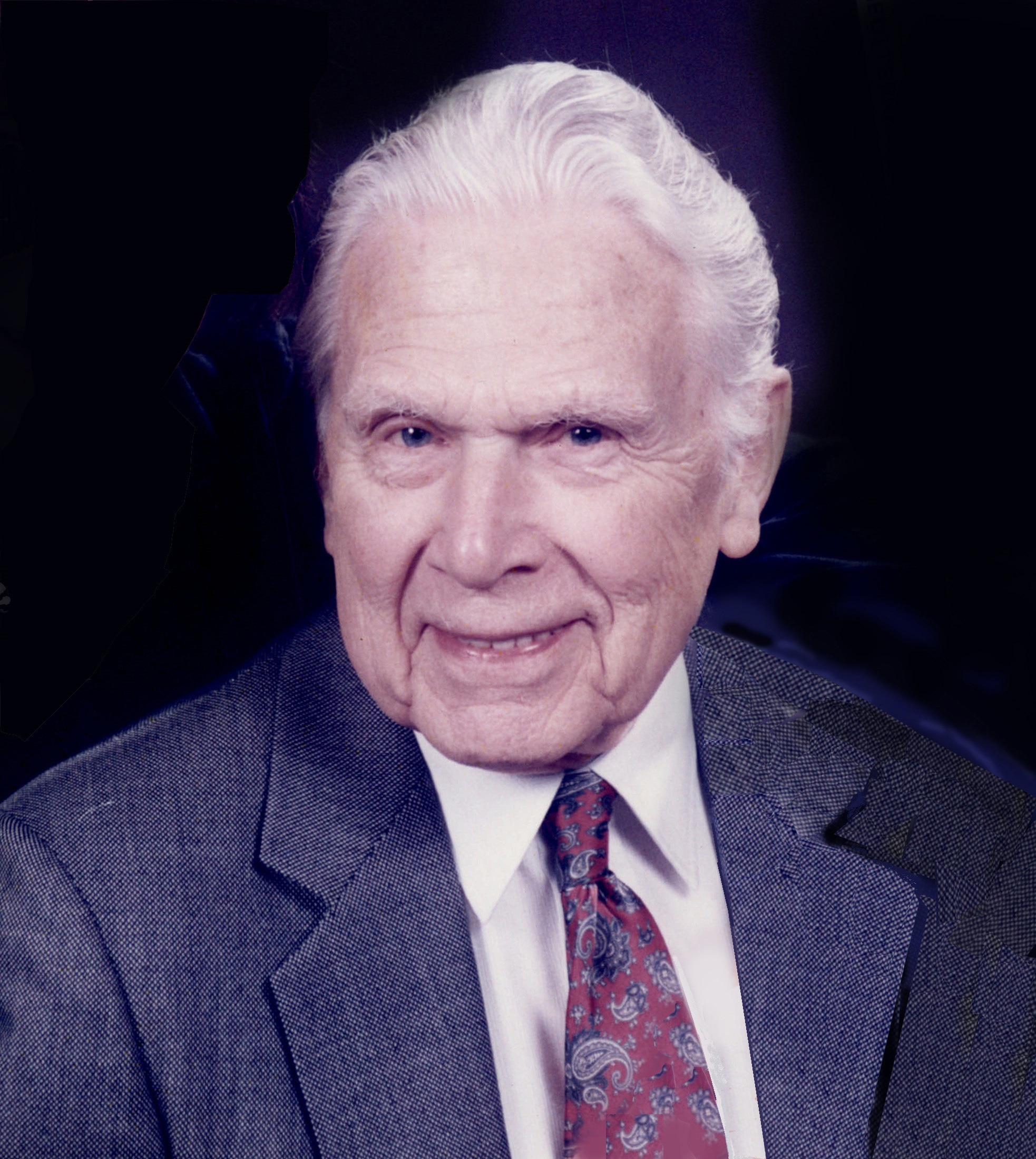Ever heard of Robert Edmund Burr? Probably not, and that's the problem. It's time to correct a historical oversight because the contributions of this scientist and philosopher are not just relevant; they're essential to understanding the world we inhabit today.
Robert Edmund Burr, a name largely absent from mainstream history books, was a monumental figure during his lifetime. He wasnt one for self-promotion; instead, he dedicated himself to rigorous thought and pioneering work that quietly but profoundly reshaped the landscape of environmental science and philosophy. Consider him a hidden architect of modern thought, a man whose insights deserve far more than the footnote status they currently occupy. This is an invitation to rediscover a titan, a journey into the mind and legacy of a man who was, without exaggeration, ahead of his time.
| Category | Details |
|---|---|
| Full Name | Robert Edmund Burr |
| Date of Birth | April 12, 1856 |
| Place of Birth | England |
| Date of Death | December 5, 1930 |
| Nationality | British |
| Occupation | Scientist, Philosopher, Writer |
| Spouse | Eleanor Thompson |
| Children | Three |
| Major Contributions | Pioneering work in environmental science, development of early climate change theory, philosophical contributions to sustainability. |
| Key Areas of Study | Ecology, climate science, ethics, metaphysics. |
| Influences | Charles Darwin, Immanuel Kant, John Stuart Mill, Henry David Thoreau. |
| Awards & Honors | Posthumously recognized with the 'Burr Institute for Sustainable Studies' dedicated to his work |
| Reference | Biodiversity Heritage Library |
Born on April 12, 1856, in a modest English town, Robert Edmund Burrs origin story is one of humble beginnings juxtaposed with extraordinary intellectual ambition. His early years were not paved with privilege but with the kind of gritty determination that often forges the strongest characters. Even as a child, Burr exhibited an insatiable curiosity, a thirst for knowledge that set him apart from his peers. He devoured books on natural philosophy and nascent scientific theories, laying the foundation for his future groundbreaking work. His was a journey fueled by an innate drive to understand the complex mechanisms of the universe and humanitys place within it.
- Vegamovies Archive Your Ultimate Guide To Streaming Movies Online
- Anna Malygon Leaks Exploring The Truth Behind The Controversy
Burr's intellectual formation was significantly shaped by the pressing social and environmental issues of his time. The Industrial Revolution, with its unprecedented technological advancements, also brought forth stark realities of pollution and resource depletion. Observing these changes firsthand instilled in Burr a profound sense of responsibility. It became clear to him that scientific inquiry should not be divorced from ethical considerations; rather, they should be intrinsically linked. This conviction guided his academic pursuits and ultimately defined his career trajectory.
His formal education began in a local school, where he quickly demonstrated an exceptional aptitude for mathematics and the sciences. Recognizing his potential, his family made considerable sacrifices to enable him to pursue higher education. He later enrolled in a prestigious university in London, where he immersed himself in the study of physics and philosophy, disciplines that would prove pivotal in shaping his unique perspective. It was during this period that he began to formulate the innovative ideas that would later become his defining contributions to both fields.
At university, Burr distinguished himself not only through academic excellence but also through his willingness to challenge conventional wisdom. He actively engaged in intellectual debates, pushing the boundaries of established theories and seeking novel approaches to complex problems. His professors recognized in him a rare combination of brilliance and independent thinking, qualities that would serve him well in his future endeavors. He found himself drawn to the works of Charles Darwin, Immanuel Kant, and John Stuart Mill, each of whom profoundly influenced his developing worldview. Darwin's theories of evolution sparked his interest in the interconnectedness of all living things, while Kant's philosophical inquiries provided a framework for ethical reasoning. Mill's writings on liberty and individual rights further solidified his commitment to social justice and environmental stewardship.
- Sophie Rain Spiderman Video A Comprehensive Guide
- Madelyn Cline Nude Understanding The Controversy And Setting The Record Straight
Burr's career commenced modestly, as a research assistant in a small, relatively obscure laboratory. However, his dedication and exceptional intellectual capabilities quickly propelled him upward. Before long, he was entrusted with leading his own research team, focusing primarily on the emerging field of environmental science. It was here that Burr truly began to shine, devising groundbreaking methodologies for ecosystem analysis and publishing a series of highly influential papers. He possessed an innate ability to connect seemingly disparate phenomena, identifying patterns and relationships that had eluded others. His innovative approaches to ecological studies earned him widespread recognition within the scientific community, establishing him as a rising star in his field.
Perhaps Burr's most significant achievement was his pioneering work in developing a comprehensive theory linking human activities to climate change. Published in 1889, his thesis was remarkably prescient, anticipating the devastating consequences of unchecked industrial expansion long before they became widely recognized. He meticulously gathered and analyzed data from various sources, including meteorological records, agricultural statistics, and industrial output reports, to demonstrate the correlation between increasing carbon emissions and rising global temperatures. His work was met with skepticism and resistance from many quarters, particularly from those with vested interests in maintaining the status quo. However, Burr remained steadfast in his convictions, continuing to refine and promote his theories with unwavering determination.
Burr's legacy extends far beyond his specific scientific contributions. He was a true interdisciplinary thinker, seamlessly integrating insights from philosophy, ethics, and social sciences into his work. He firmly believed that scientific knowledge should be used to promote human well-being and environmental sustainability, advocating for policies and practices that would minimize our impact on the planet. His commitment to this holistic approach is what truly sets him apart and makes his work so relevant in the 21st century. He envisioned a future where humanity lived in harmony with nature, guided by principles of ecological responsibility and social justice. This vision continues to inspire countless individuals and organizations working to address the pressing environmental challenges we face today.
The enduring power of Robert Edmund Burr's legacy lies in his ability to transcend disciplinary boundaries and offer a comprehensive vision of sustainability. While he was undeniably a brilliant scientist, his work was also deeply rooted in ethical and philosophical considerations. He recognized that the environmental crisis is not simply a technological problem to be solved but a fundamental challenge to our values and way of life. His writings consistently emphasized the importance of individual responsibility, advocating for a shift in consciousness that would prioritize the well-being of the planet over short-term economic gains. He urged his readers to cultivate a sense of reverence for nature, recognizing the intrinsic value of all living things.
Today, Burr's influence can be seen in various global initiatives aimed at addressing climate change and promoting sustainable development. The Paris Agreement, the UN Sustainable Development Goals, and the Green New Deal all reflect, to varying degrees, the principles and values that he championed throughout his life. These initiatives recognize the interconnectedness of environmental, social, and economic issues, seeking to create a more just and sustainable world for all. While Burr may not be a household name, his ideas have quietly permeated the global consciousness, shaping the discourse around sustainability and inspiring action on a planetary scale.
Like any pioneer, Robert Edmund Burr faced significant obstacles in his pursuit of knowledge and his advocacy for environmental stewardship. He encountered financial hardship, bureaucratic inertia, and, perhaps most frustratingly, widespread skepticism from his peers. His groundbreaking theories on climate change were often dismissed as alarmist or unscientific, particularly by those who benefited from the status quo. He struggled to secure funding for his research and faced constant challenges in publishing his findings. Despite these setbacks, Burr remained resolute in his convictions, fueled by an unwavering belief in the power of knowledge and the importance of protecting the environment for future generations.
One of the most significant challenges Burr faced was the prevailing scientific paradigm of his time, which tended to view humanity as separate from and superior to nature. His holistic approach, which emphasized the interconnectedness of all living things, was often met with resistance. He was accused of being unscientific or sentimental, particularly when he appealed to ethical considerations in his arguments. However, Burr refused to compromise his principles, continuing to advocate for a more ecologically informed worldview. He believed that true progress required a fundamental shift in our relationship with the natural world, from one of exploitation to one of stewardship.
Beyond his professional achievements, Robert Edmund Burr was also a devoted family man. He married Eleanor Thompson, a fellow scientist and philosopher, and together they raised three children. His family life provided him with a source of strength and inspiration, grounding him in the values of compassion, empathy, and social responsibility. He often credited his wife and children for their unwavering support, recognizing their contributions to his intellectual and personal growth. He believed that a balanced life, encompassing both professional pursuits and personal relationships, was essential for true happiness and fulfillment.
His home was a haven for intellectual discourse, where family members and visiting scholars engaged in stimulating conversations on a wide range of topics. He encouraged his children to pursue their own passions and to think critically about the world around them. He instilled in them a deep appreciation for nature, taking them on frequent excursions to explore the local ecosystems. He taught them the importance of living sustainably, encouraging them to reduce their consumption, reuse materials, and recycle whenever possible. His commitment to both his family and his work serves as a powerful example of how to live a life of purpose and integrity.
Beyond his significant contributions to science and philosophy, Robert Edmund Burr possessed a range of other remarkable talents and interests. He was a gifted linguist, fluent in five languages, which allowed him to access a wider range of scientific and philosophical literature. He was also an accomplished pianist, finding solace and inspiration in music. He once embarked on a solo journey across Europe, traveling primarily on foot, to study the diverse ecosystems of the continent. He authored over twenty books on science and philosophy, leaving behind a vast body of work that continues to be studied and debated today. These lesser-known aspects of his life reveal a multifaceted individual, a Renaissance man who embraced knowledge and experience in all its forms.
Robert Edmund Burr's writings are filled with insightful observations and thought-provoking reflections. One of his most famous quotes is: "The future belongs to those who believe in the power of their dreams." This statement encapsulates his unwavering optimism and his belief in the potential of humanity to create a better world. Another quote, "Sustainability is not just a choice; it's a responsibility," highlights his commitment to environmental stewardship and his conviction that we have a moral obligation to protect the planet for future generations. Finally, his quote, "Knowledge without action is like a tree without roots," underscores the importance of translating ideas into concrete action, emphasizing the need to put our knowledge to use in solving the world's most pressing problems.
- Camilla Araujo Of Leaks Unveiling The World Of Digital Whistleblowing
- Marie Temara Onlyfans A Comprehensive Guide To Her Career Content And Achievements


